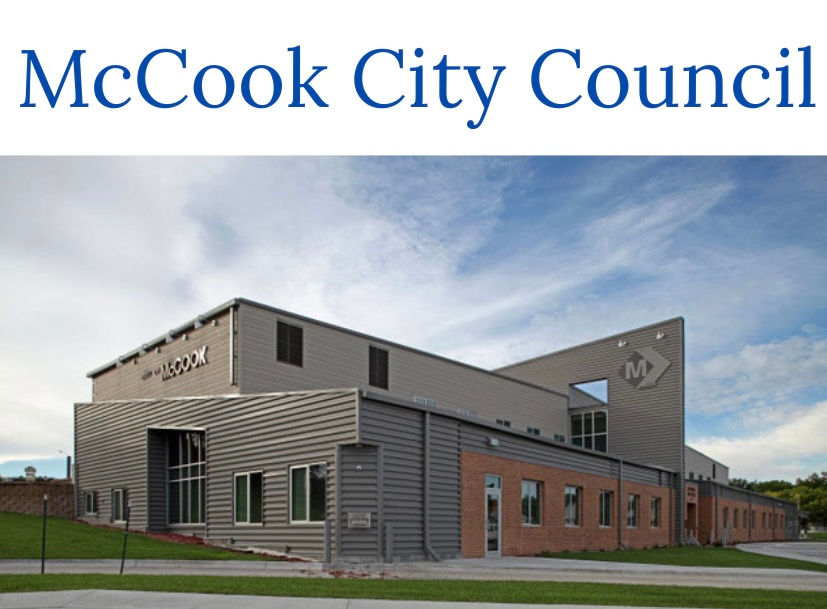
Pink Postcard Meeting Recap: Residents press city on water, taxes, and growth
- Anna LaBay

- Sep 19, 2025
- 2 min read
September 19, 2025
McCOOK Neb. — Despite a wave of complaints on social media, only a handful of residents turned out for Thursday night’s “Pink Postcard” budget Q&A, where city leaders fielded questions about water quality, nuisance properties, and rising taxes.
Water & Treatment Plant Challenges
Manganese buildup in several wells was a major concern.
“When I saw the manganese buildup, I didn’t realize how much… if the plant had been built north of town, we wouldn’t be worrying about manganese today,” City Manager Nate Schneider said.
The treatment plant’s location by the Republican River was described as a “terrible spot,” a decision dating back decades that continues to add costs.
Replacing or updating the plant — along with wastewater infrastructure — will require continued rate increases, staff said.
Economic Development & Annexation
The city has annexed new property, including the Walters tract north of town (130 acres) and the new industrial park, to create space for housing, retail, and rail-served industry.
Officials compared past growth, which required grants and lobbying to secure infrastructure for companies like Next Generation, with today’s “build it and they will come” approach.
New projects were credited with helping bring young families back:
“The only way we get people back here is by having things to offer them,” Schneider said.
Nuisance Properties & Blight
Residents voiced concerns about weeds, abandoned cars, and dilapidated structures.
Current budget allows for tearing down only one house per year, though letters sent to property owners lead to ~85% compliance.
Projects like St. Catherine’s remain “huge undertakings” requiring outside investment.
“How do I force somebody to change their ways when they don’t want to?” Schneider asked.
Fire, Equipment & Insurance Costs
Fire department leaders described the rising cost of equipment, noting a pumper truck that cost $205,000 in 2005 would be $1 million today.
Mandates tied to airport firefighting standards add expenses.
Insurance deductibles for city property damage have risen from $2,500 to $1.7 million in just a few years, reflecting broader market conditions.
Property Taxes & Sales Tax
McCook’s levy sits at about 44¢ per $100 of valuation, roughly in line with neighboring towns.
A $100,000 home translates to about $444 in annual city property tax.
Residents asked whether increases are temporary “growing pains.” Staff said LB 34 caps growth and that inflation levels will directly shape future tax rates.
Sales tax revenue — including the half-cent approved for the pool and sports complex — is seen as critical.
“Growing McCook is so important, because you need that sales tax,” Schneider said. “That’s what makes it possible to hold property tax down.”
Communication & Engagement
Several attendees said they hadn’t known when or where meetings were held. Suggestions included better communication through realtors, Facebook, and welcome groups.
City officials encouraged direct calls and attendance at council meetings (first and third Mondays).
“I’m an open book… come talk to me anytime,” Schneider said.
Looking Ahead
Despite tensions over taxes and rates, leaders highlighted positive economic signals:
McCook ranked 4th in Nebraska for per-capita sales tax capture in a 2021 UNL study, ahead of larger counties like Douglas (Omaha) and Lancaster (Lincoln).
Local investments, such as Chris Wagner’s $12 million dealership project, were described as signs of confidence in McCook’s future.
Officials pledged to do better at highlighting successes.




Comments